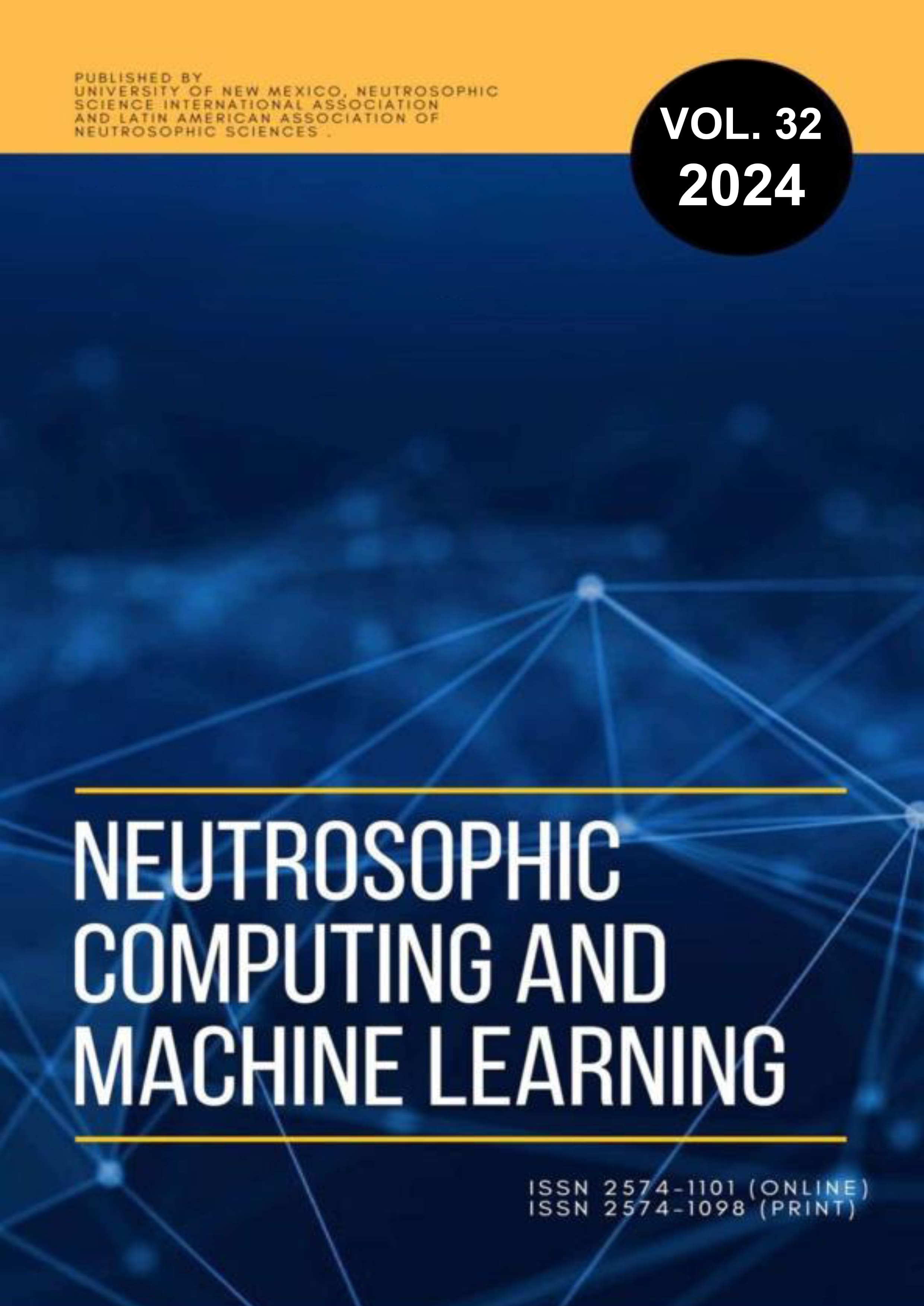Neutrosophic inference method for the evaluation of the right to special public education of persons with severe intellectual disabilities
Main Article Content
Abstract
The current constitutional regulations and very important international instruments expressly recognize the right to equal opportunities in all areas for people who suffer from some type of disability; Their right to educational inclusion is fundamental within this premise. However, in Ecuador, in rural and marginal urban sectors, the lack of public policy in the application and exercise of special education for people with intellectual disabilities is evident. Based on the problems described above, the present research aims to develop a neutrosophic inference method for the evaluation of the right to special public education of people with severe intellectual disabilities in the rural sector of the Mira canton. For this purpose, it was decided to use 2-tuple neutrosophic number sets, which consists of an evaluation based on a linguistic scale as a form of Computation with Words. The use of neutrosophic sets allows us to include the indeterminacy caused by the lack of information or by contradictory and inconsistent information that is usually found in problems of violation of rights. With the research carried out, it is concluded that the establishment of policies and guidelines serve to create a public policy in an orderly and precise manner since in its preparation it uses legal aspects for the benefit of people and thus improve their living conditions so that there is development social in health, education, housing, economy.
Downloads
Article Details

This work is licensed under a Creative Commons Attribution 4.0 International License.

